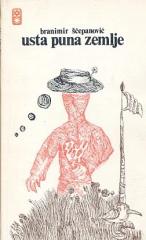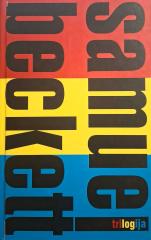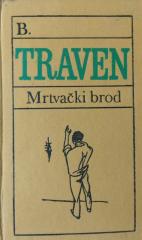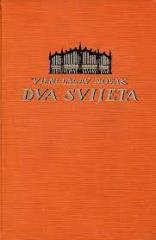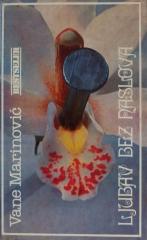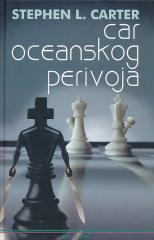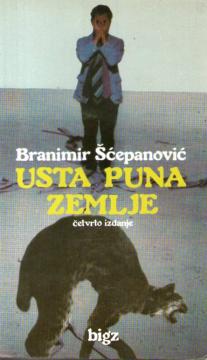
Usta puna zemlje
Der Roman „Usta puna zemlje“ (1970), das Meisterwerk des serbischen Schriftstellers Branimir Šćepanović, ist eine psychologisch tiefgründige Erkundung der Grenzen der menschlichen Seele, der Einsamkeit und der existenziellen Freiheit, die an Kafka und Cam
Die Handlung spielt an einem Tag – dem letzten im Leben eines namenlosen 37-jährigen Helden mit einer unheilbaren Krankheit. Er flieht in die bergige Abgeschiedenheit seiner Heimat und träumt von Selbstmord unter einem alten Baum als Befreiung. Statt Frieden begegnet er Grausamkeit: Eine Gruppe von Touristen in einem Wohnmobil startet aus Neugier eine Verfolgungsjagd und verwandelt sich in eine gefühllose „Masse“ – eine kollektive Kraft, die sich durch den Zusammenschluss anderer ausdehnt und imaginäre Schuldgefühle auferlegt.
Der Held, durch Wälder und Felsen gejagt, durchläuft eine Metamorphose: von Wut und Angst zur Erkenntnis der Sinnlosigkeit und Läuterung durch Erinnerungen an die Liebe. Die Masse schwankt zwischen Eitelkeit und Hass und zerreißt sich in Konflikten. Höhepunkt auf dem Gipfel des Felsens: Der Held akzeptiert den Tod und singt „mit einem Mund voller Erde“ wie die Großväter, ein Symbol des Widerstands, und lässt die Verfolger leer zurück.
Der namenlose Held verkörpert ewige Flucht und Reue über Versagen, insbesondere über die Liebe. Die Menge symbolisiert gesellschaftliche Frivolität und Gewalt. Šćepanovićs prägnanter, poetischer Stil, reich an Metaphern, kritisiert die Absurdität des Lebens, den Kontrast von Hass und Liebe und ruft zu Empathie für die Gebrochenen auf. Das Werk berührt zutiefst und wirft Fragen nach Freiheit und Erbe auf. In über 30 Sprachen übersetzt, ist es eine universelle Geschichte über das Leiden eines Einzelnen vor den Augen der Massen.
Es werden zwei Exemplare angeboten
Kopiennummer 1
- Eine Nachricht persönlicher Natur
